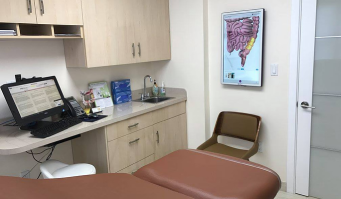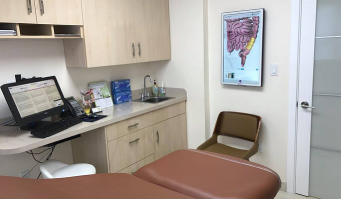Constipation is characterized by less frequent bowel movements (fewer than three per week) or difficulty passing stool. This common issue can arise from various factors, including insufficient dietary fiber, inadequate hydration, and lack of physical activity. Additionally, underlying medical conditions and certain medications may contribute to constipation.
Treatment typically involves lifestyle modifications, such as dietary and exercise changes, and may incorporate non-prescription medications. However, for chronic constipation or cases failing to respond to these measures, medical intervention may be necessary. This could involve prescription medication adjustments or other therapies aimed at addressing underlying conditions contributing to the constipation.




